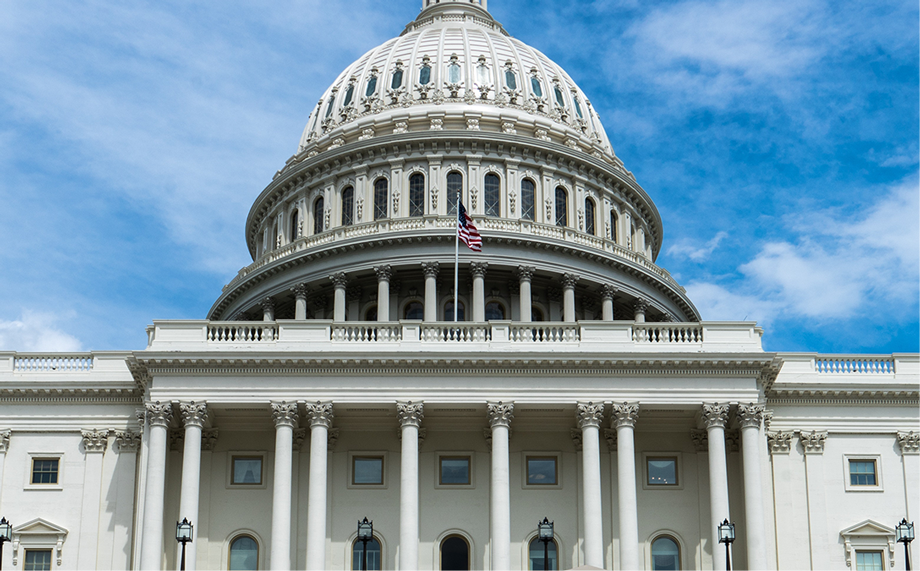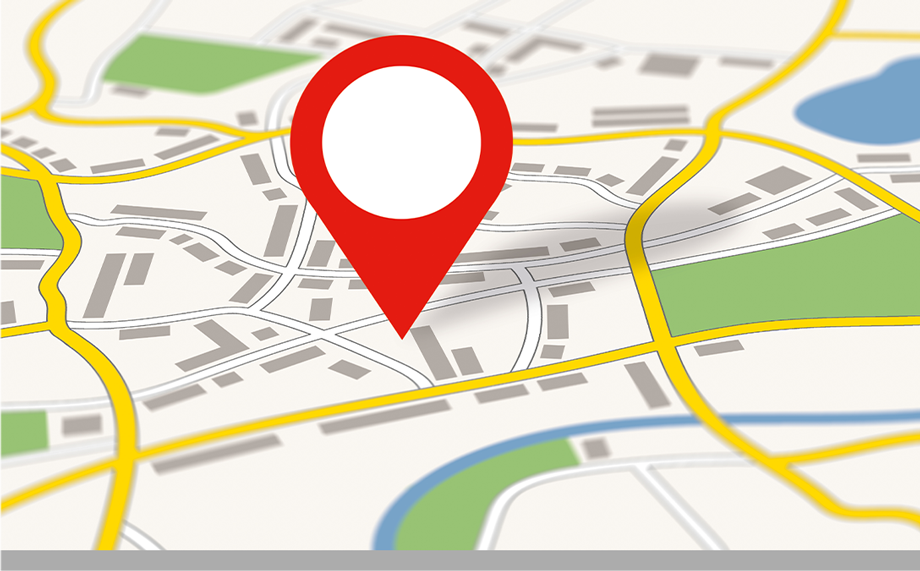Welcome to the Virginia State Profile Page! This page features a sample of survey and research results from a comprehensive review of state and local home modification activities across the country. It has a special focus on the aging population and the efforts of the aging network (State Units on Aging, Area Agencies on Aging, and Native American aging service programs that are funded by the Older Americans Act Title VI) as well as other governmental agencies and programs.
STATE PROFILE: Virginia

Virginia
A State Profile of Home Modification Activities
SPOTLIGHT ON STATE LEVEL HOME MODIFICATION ACTIVITIES
This section shares information that demonstrates the need for home modification in this state and highlights some of the state’s important home modification efforts, policies, and funding sources.
SPOTLIGHT ON LOCAL HOME MODIFICATION EFFORTS
How are agencies across the country responding to their communities’ home modification needs? Read about stand-out home modification efforts of the aging network as well as local agencies in this state.
Check back as new updates will be posted periodically! Have any changes or additions? Please contact homemods@usc.edu
SPOTLIGHT ON STATE LEVEL HOME MODIFICATION ACTIVITIES
Home Modification and Repairs for Older Adults: Challenges and Opportunities for State Units on Aging: This report by the USC Fall Prevention Center of Excellence and ADvancing States reports on a national survey
VIRGINIA DEPARTMENT FOR AGING AND REHABILITATIVE SERVICES (State Unit on Aging)
State Units on Aging (SUAs) are designated state-level agencies that develop and administer state plans that advocate for and provide assistance, including home modifications or repairs, to older residents, their families, and adults with physical disabilities. SUAs administer funds, including Older Americans Act (OAA) funds, which may be used to support home modification or repair services through local Area Agencies on Aging (AAAs) and other state and local entities.
In Virginia, eight of 25 AAAs provide “residential repair and renovation” services using Older Americans Act funds and an additional 3 AAAs provide home modification services with other funding sources.
Virginia Falls Prevention Coalition
Program Description: The Virginia State Unit on Aging is a partner in the Virginia Falls Prevention Coalition. The goal is to increase awareness of fall risk factors, promote access to fall prevention interventions (including home modifications) and empower older adults, individuals with disabilities, and their caregivers to engage in activities to reduce the risk and incidence of falls.
Population Served: Older Virginians, Virginians with a disability, and caregivers.
VIRGINIA DEPARTMENT OF HOUSING AND COMMUNITY DEVELOPMENT
1. Emergency Home and Accessibility Repair Program (EHARP)
Program Description: This statewide Program provides funding to local administrators to make physical repairs that improve housing conditions. While the focus is on removing urgent, emergency health and safety hazards, it also addresses physical accessibility barriers. Eligible repairs can include plumbing, structural, electrical and roofing, as well as the installation of wheelchair ramps and other accessibility modifications.
Population Served: Homeowners and renters (with homeowner written approval) with total gross household income from all sources not exceeding 80% of area median income, adjusted for family size, which is currently determined by HUD. The maximum assistance is $4,000.
2. The Virginia Livable Home Tax Credit (LHTC)
Program Description: The Virginia Department of Housing and Community Development, the State of Virginia earmarked $1,000,000/year for this tax credit which covers home modifications including accessible entrances, widening doors and hallways, and changes to the bathroom and kitchen to improve accessibility. Tax credits are available for up to $5,000 for the purchase of a new accessible residence and up to 50% for the cost of retrofitting existing units, not to exceed $5,000.
Population Served: Individuals or licensed contractors filing Virginia income tax returns who have incurred costs for the purchase or construction of new residential units with accessibility or universal visitability features, or for the retrofitting of existing residential units with these features, on or after January 1, 2008. New residential units must include at least three features of the universal visitability standards, or include at least three accessibility features. Existing units being retrofitted must include at least one accessibility or visitability feature. All accessibility and universal visitability features must be completed in conformity with the provisions of Virginia’s Uniform Statewide Building Code. Accessibility features that are provided in order to comply with existing Fair Housing, Equal Opportunity, Americans with Disabilities Act, or other local, state or federal requirements are not eligible for tax credits.
VIRGINIA DEPARTMENT OF MEDICAL ASSISTANCE SERVICES
Commonwealth Coordinated Care (CCC) Plus Waiver
Program Description: This Medicaid Waiver provides community-based services and care in home settings rather than in institutions. Home modifications of up to $5,000 per individual per calendar year may be provided.
Population Served: Medicaid-eligible individuals who meet a nursing facility level of care.
VIRGINIA HOUSING DEVELOPMENT AUTHORITY
1. Granting Freedom: Virginia Military Home Modification Grant Program
Program Description: Through a partnership with the Virginia Department of Veterans Services, the Virginia Housing Development Authority has a grant program for home modifications for veterans with a disability and service members who sustained a line-of-duty injury resulting in a service-connected disability.
Population Served: Virginia veterans and servicemembers who sustained a line-of-duty injury resulting in a service-connected disability.
2. Rental Unit Accessibility Modification Grant Program
Program Description: The Virginia Housing Development Authority offers accessibility grants to eligible people with disabilities who are renting their homes. Grants of up to $6,000 may be used to install ramps, grab bars and other modifications to support independent living.
Population Served: Renters with disabilities who earn 80% or less of the area median income.
VIRGINIA STATE ASSISTIVE TECHNOLOGY PROGRAM
Virginia Assistive Technology System (VATS)
The State Assistive Technology Grant Program, funded under the Assistive Technology Act of 2004, supports comprehensive, statewide programs in each state that improve the provision of assistive technology (often home modification-related) to individuals with disabilities of all ages.
VIRGINIA STATE FALL PREVENTION COALITION
Virginia Falls Prevention Coalition (see description above)
For an up to date list of all state fall prevention coalitions, visit: https://www.ncoa.org/resources/list-of-state-falls-prevention-coalitions/
SPOTLIGHT ON LOCAL HOME MODIFICATION EFFORTS
1. To locate the Area Agency on Aging in your state, please contact Eldercare Locator at https://eldercare.acl.gov/Public/Index.aspx
2. Data Brief: Building Community Capacity to Serve Older Adults: The Role of Area Agencies on Aging in Home Modifications and Repairs
This Data Brief highlights key findings from the 2019 National Survey of Area Agencies on Aging on how Area Agencies on Aging are providing and funding home modification and repair activities. It was developed by the USC Fall Prevention Center of Excellence in partnership with the National Association of Area Agencies on Aging as part of the Administration for Community Living project, “Promoting Aging in Place by Enhancing Access to Home Modifications.”
3. Featured Efforts:
Bay Housing Division
Bay Aging Area Agency on Aging
Urbanna, Virginia
Bay Aging Area Agency on Aging’s Bay Housing Division provides housing services to older adults including emergency home repairs, weatherization services, indoor plumbing rehabilitation, reconstruction, and rehabilitating homes of low-income homeowners via Community Development Block Grants.
Emergency Home Accessibility and Repair Program (EHARP) and Residential Repair Program
Central Virginia Alliance for Community Living (Area Agency on Aging)
Lynchburg, Virginia
The Central Virginia Alliance for Community Living has two home modification and repair programs. The Emergency Home Accessibility and Repair Program (EHARP) provides funding to repair urgent structural damage, remove and remedy health and safety hazards, and provide physical accessibility improvements for low-income Virginians. Homeowners and renters are eligible for the maximum assistance of $4,000. Repairs may involve plumbing, structure, electrical, and HVAC. Installation of wheelchair ramps, shower grab bars and other accessibility modifications are available as well. The Residential Repair Program assists qualified homeowners and renters with structural and accessibility repairs (e.g., electrical, plumbing, heating/cooling, high-rise toilet installations, grab bars, ramps, and water heating systems).
Emergency Home Repair Program
Appalachian Agency for Senior Citizens in Cedar Bluff
Cedar Bluff, Virginia
The Emergency Home Repair Program seeks to enhance housing occupied by low-income persons through limited repairs and the removal of imminent health and safety hazards and/or barriers to habitability in their homes. Appalachian Agency’s Senior Living Community also provides safe and affordable housing for older adults and adults with disabilities living in rural areas. This includes renovated, accessible homes that are owned by the agency in a local mobile home park that are reserved for low-income older adults with at-risk criteria such as health issues, homelessness or extreme isolation.
Faith Works
Mountain Empire Older Citizens, Inc.
Big Stone Gap, Virginia
Faith Works, a collaborative effort involving the faith community and the Area Agency on Aging, Mountain Empire Older Citizens, Inc. (MEOC), addresses greatly needed home repairs and modifications for low-income older people who have no other place to turn for help. The program increases the safety and accessibility of homes to reduce the need to move to a more restrictive institutional setting. MEOC care coordinators provide referrals to local congregations and to mission teams from all over the country. Labor and supervision are donated by volunteers from the faith community who frequently also provide funds for materials.
Home Renovation and Repair Program
Valley Program for Aging Services
Waynesboro, Virginia
In partnership with the local non-profit, Rebuilding Together, this Home Renovation and Repair program has case managers who handle phone requests for assistance from older adults, caregivers, professionals, and others. Requests may include information about home modifications in general, in-home assessments, and recommendations on how to meet an older adult’s home modification needs. Funding sources include: Older Americans Act Title IIIB, Older Americans Act Title IIIE, and a state funded In-Home Service Program. Services provided include: home assessments, minor home modifications (e.g., grab bars, raised toilet seats, handheld showers, handrails, lever door handles), major home modifications (e.g., remodel bathrooms, adjust counter/cabinet heights, ramps, elevator/platform or chair lifts, widen doorways, roll-in showers), and repairs (e.g., roofing, electrical, carpeting/floors, stair repairs).
This page is brought to you by the project, “Promoting Aging in Place by Enhancing Access to Home Modifications,” supported, in part, by grant number 90PPHM0001 from the U.S. Administration for Community Living, Department of Health and Human Services, Washington, D.C. 20201. Grantees undertaking projects with government sponsorship are encouraged to express freely their findings and conclusions. Points of view or opinions do not, therefore, necessarily represent official ACL policy.


